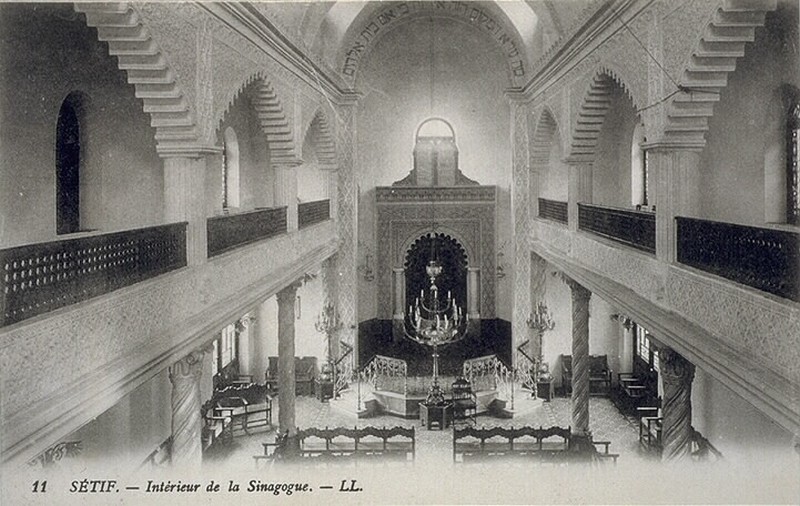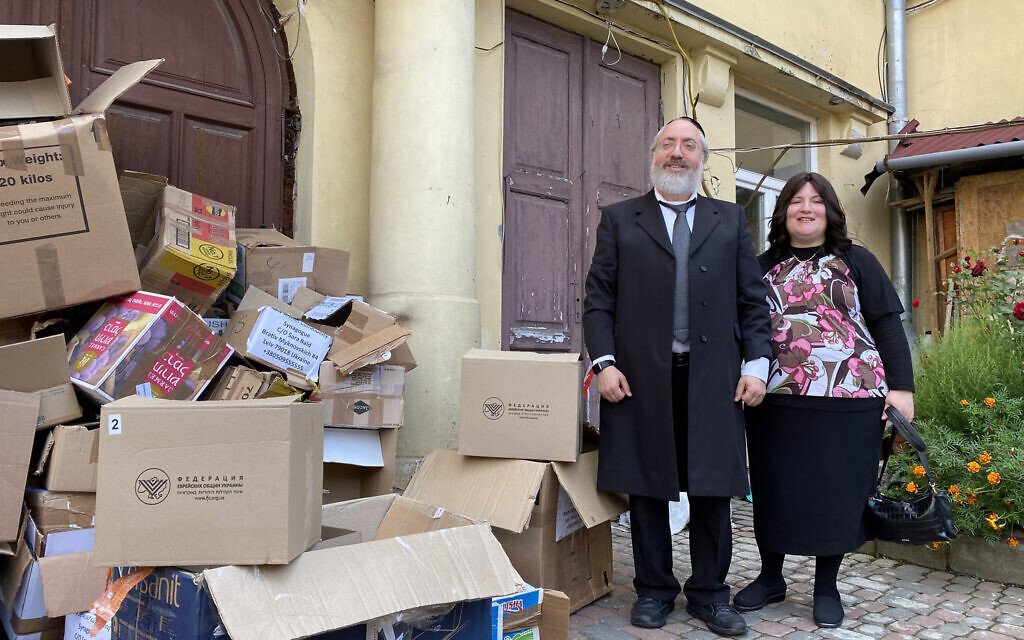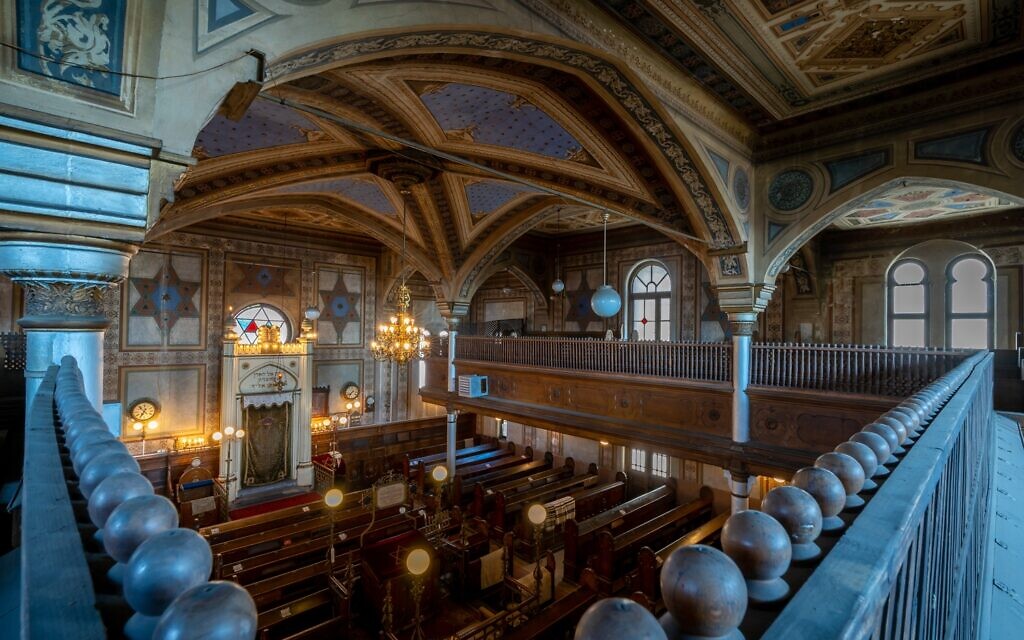Sixties Fan
Diamond Member
- Mar 6, 2017
- 58,752
- 11,130
- 2,140
- Thread starter
- #241

The Triangle Shirtwaist Factory fire erupted on March 25, 1911, on the eighth floor of a building in Greenwich Village, New York. The death toll of garment workers was 146—who were mostly Jewish and Italian immigrant women, aged 14 to 23. Stairwells and exits had been locked in a common practice to prevent break-ins and thefts, but it meant many couldn’t escape the fire, and jumped to their deaths. Subsequently, new safety standards were introduced for factory workers, and unions were formed to fight for improved working conditions. “Mameniu” (“Dear Mother”) is an elegy for the victims which begins: “Hearts torn by the horror, the Jewish nation wrings its hands, weeping.”

Treasure Trove: A weekly piece of our history from the collection of David Matlow—second year archive (2022-23)
The latest items via @TheCJN on Instagram.







